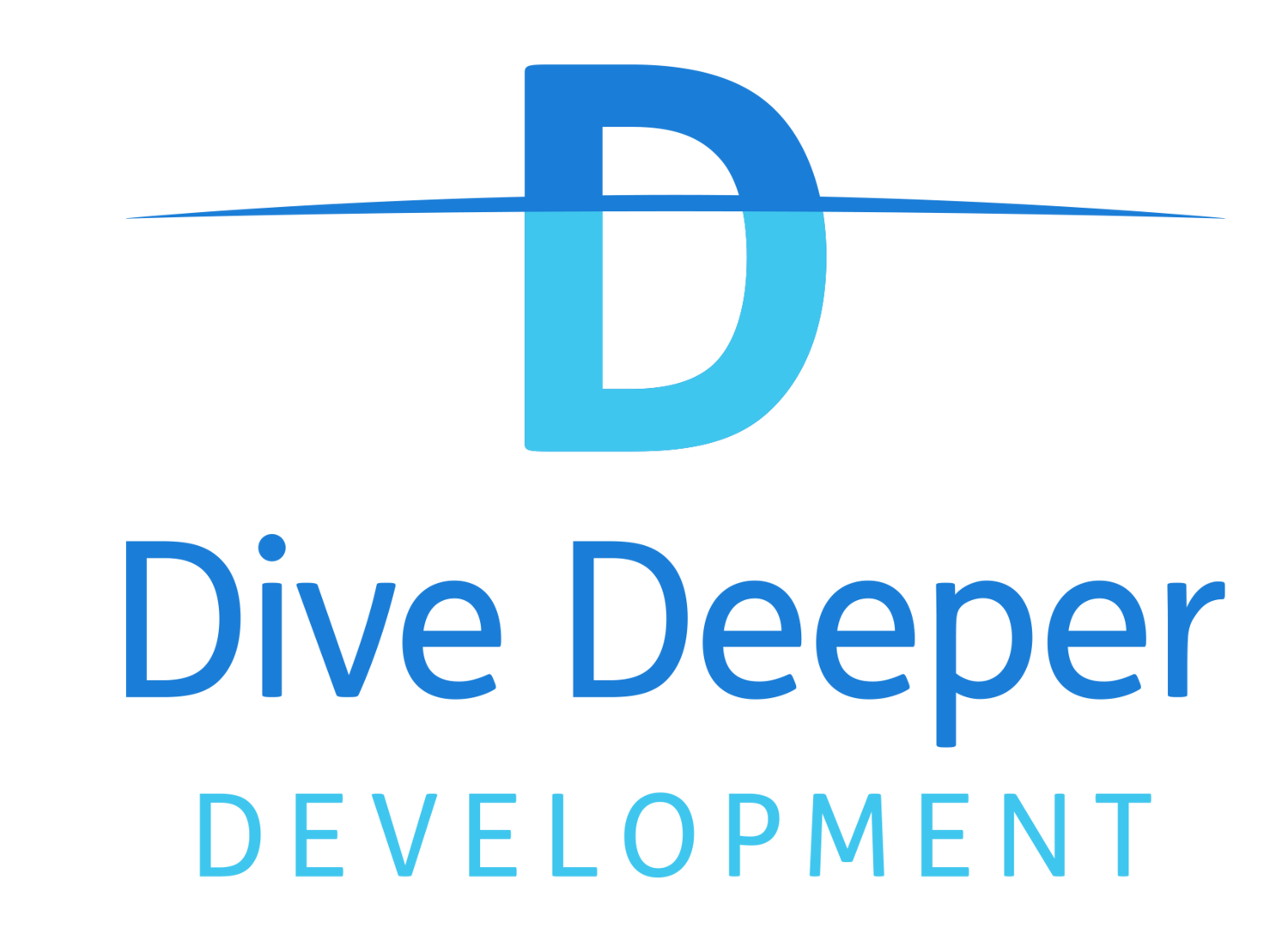The Joy of More Effort
Imagine doing an entire day of work just to take 6 pictures. I don't mean an entire day of work to get 6 perfect pictures. I mean, taking the whole day to get 6 low-resolution pictures.
You might wonder why, in an age where we all carry perfectly good digital cameras in our pockets, anyone would want to take pictures with a pinhole camera. It's slower, harder, the outcome is unpredictable and it takes a lot more effort. But this is precisely what photographer Lee Finch does. When I heard his reasons for doing things the long way round, what I heard really resonated with me. I have also found myself doing some things the more laborious way recently, and I've noticed many benefits.
I stepped onboard the 45ft narrowboat that Lee has turned into a darkroom, photo studio and floating camera obscurer and felt an immediate wave of nostalgia. Lee excitedly showed me how he turns the boat into a dark room so he can develop photos by hand and showed me the pinhole cameras he uses. He has had to work hard to configure the cameras the way he wants them. Each camera can only take one shot, so if Lee wants multiple shots, he has to carry multiple cameras. He can't be 100% sure how long the exposure needs to be, although he has a paper wheel device that gives him a clue. He won't know until he develops the pictures if they have come out well. He gets one attempt at each shot. For someone who makes a living out of taking photos, this sounds like an inconvenient way of going about your art.
Lee’s boat
However, Lee explained that for him, this method of photography is all about slowing down. It's about going back to basics and really thinking about what you're doing. Having a digital camera in your pocket makes it easy to take lots of pictures. Many of us work on the principle that if you take enough pictures, you might get some good ones but when you use a pinhole camera, you have to think carefully about every picture you're taking:
Is it worth taking?
Is it set up just right?
Will something move while you're waiting for the exposure?
How do you get the best shot?
Using a pinhole camera also helps you understand the basic mechanics of photography. Most of us take pictures on phones or cameras without knowing how a camera works. When we fiddle with the settings, many of us don't understand what the features are for or how to use them. A pinhole camera requires you to learn about how cameras work and think about the purpose of each action. All of this makes you much more appreciative of the final result.
The same principles apply to life generally
Recently, I have noticed that a little less convenience is no bad thing. I moved from an urban area a few yards away from a 24-hour garage, 5 minutes from two massive supermarkets and had services like Uber or JustEat at my fingertips, to a small town in the Peak District. As a result, I've noticed myself having to plan ahead more and this brings some surprising benefits.
I have had to go back to planning each week's meals and making a list because I can't just pop to a shop and get anything other than the essentials. This has helped me to eat more healthily. I used to do this and enjoyed it but got out of the habit.
Journeys require extra planning because there isn't a petrol station on my doorstep. I find myself paying attention to the mileage of each journey and how much fuel I'm using. This means I have a much better grasp of how much each business journey costs.
I see more of my friends than I did before. We can't just pop by their houses so we have to be more proactive in inviting people to visit and booking in dates to see them. Not only have we spent more time with them but we have spent more quality time with them as the visits are planned and appreciated more than simply grabbing a coffee would be.
I get more out of networking events because they require a bit more effort to get to (and involve leaving my lovely new home) so I make sure that networking time is focused.
Greater planning and effort might sound like a drag, but this extra endeavour has made me more thoughtful about how I spend my time. When we take it for granted that we can do a task anytime, we may not get round to doing it at all. When we have options at our fingertips, we often do what is easy rather than what is important or impactful. Sure, it's a pain sometimes, but the extra effort requires me to slow down, plan ahead and think more carefully and I feel much happier as a result.
Where can you use a little extra effort into your life?
Is there a friendship that could do with some extra effort?
Are there jobs around your household that require planning ahead?
Are their aspects of your working life that are convenient but not effective?
Where would a little less convenience prompt some quality reflection?
What do you think?
Can less convenience make life better?
Feel free to share your thoughts with me either by email or on Twitter, Facebook or LinkedIn.

